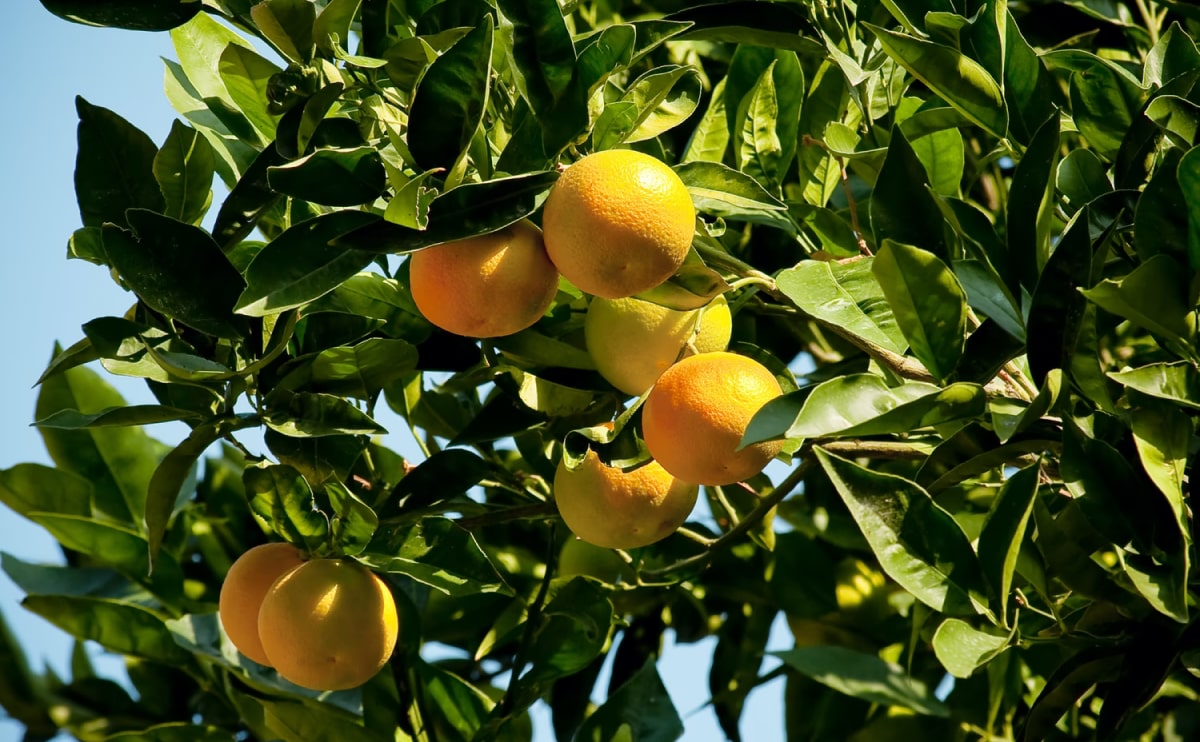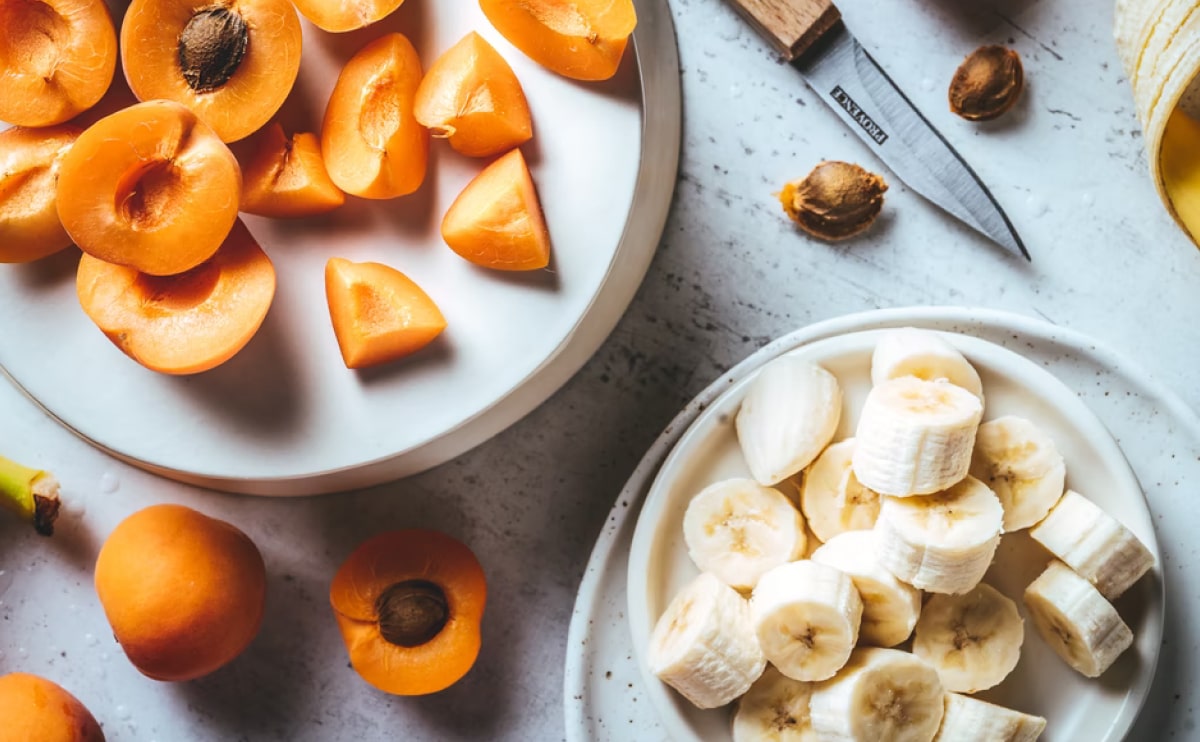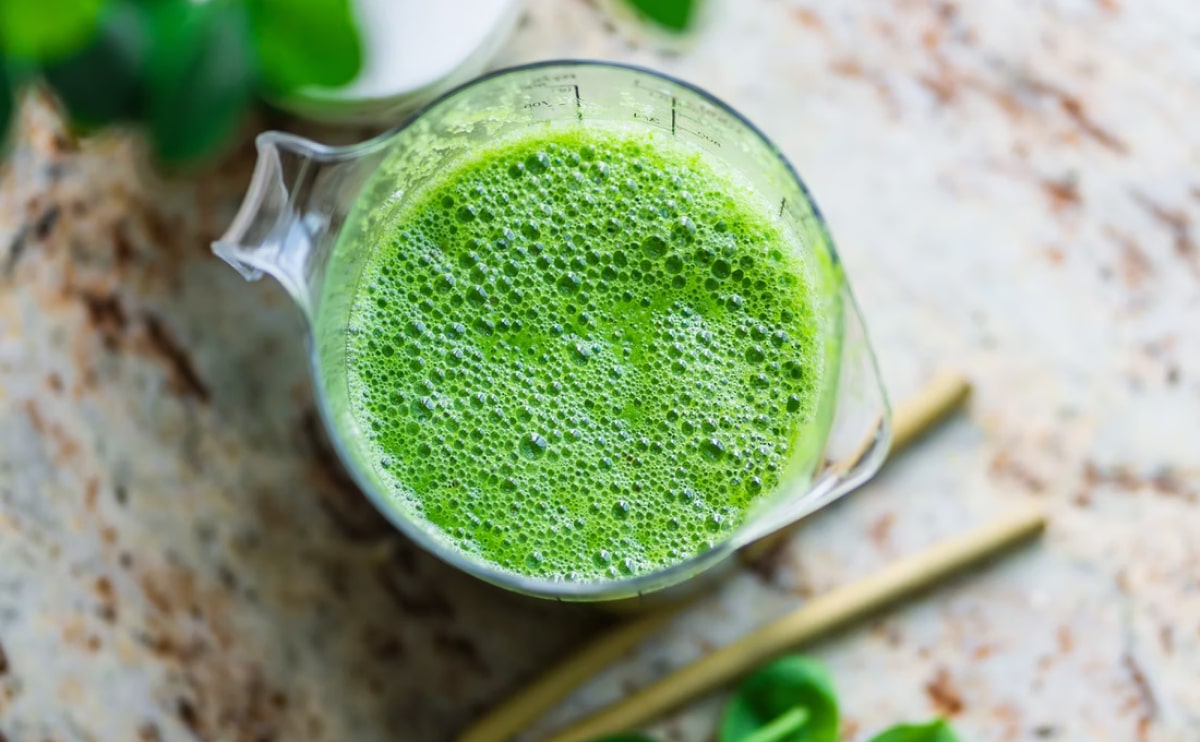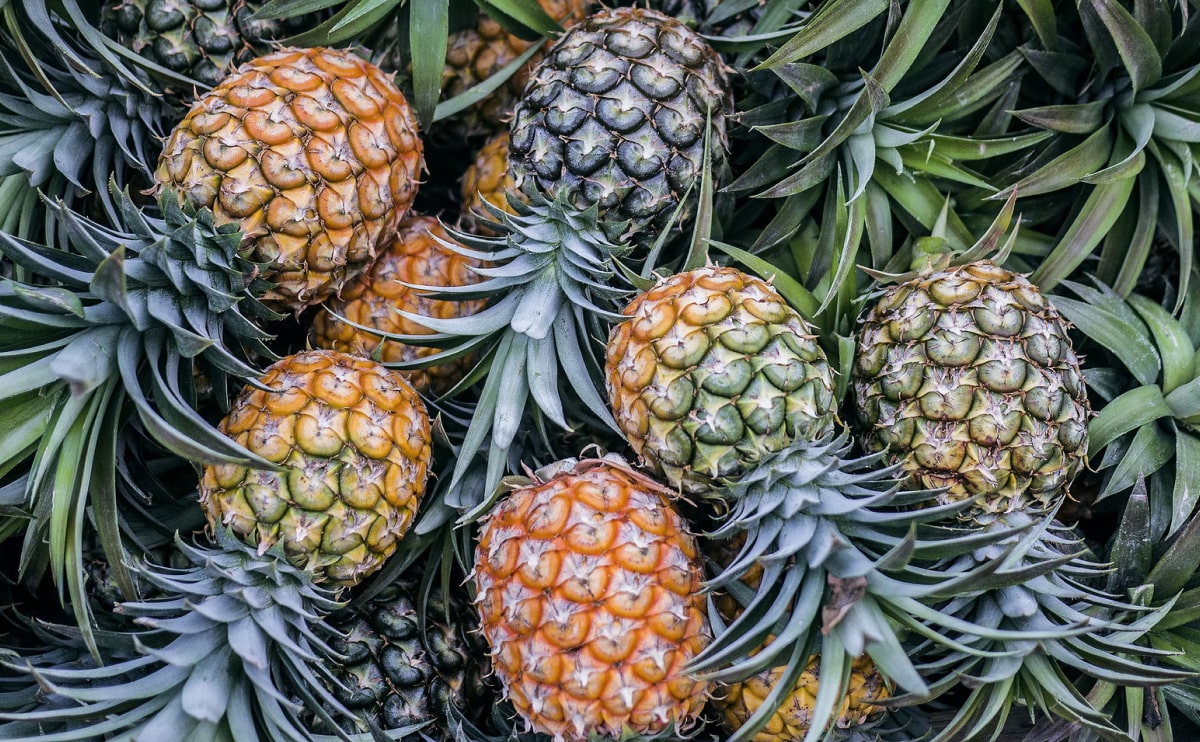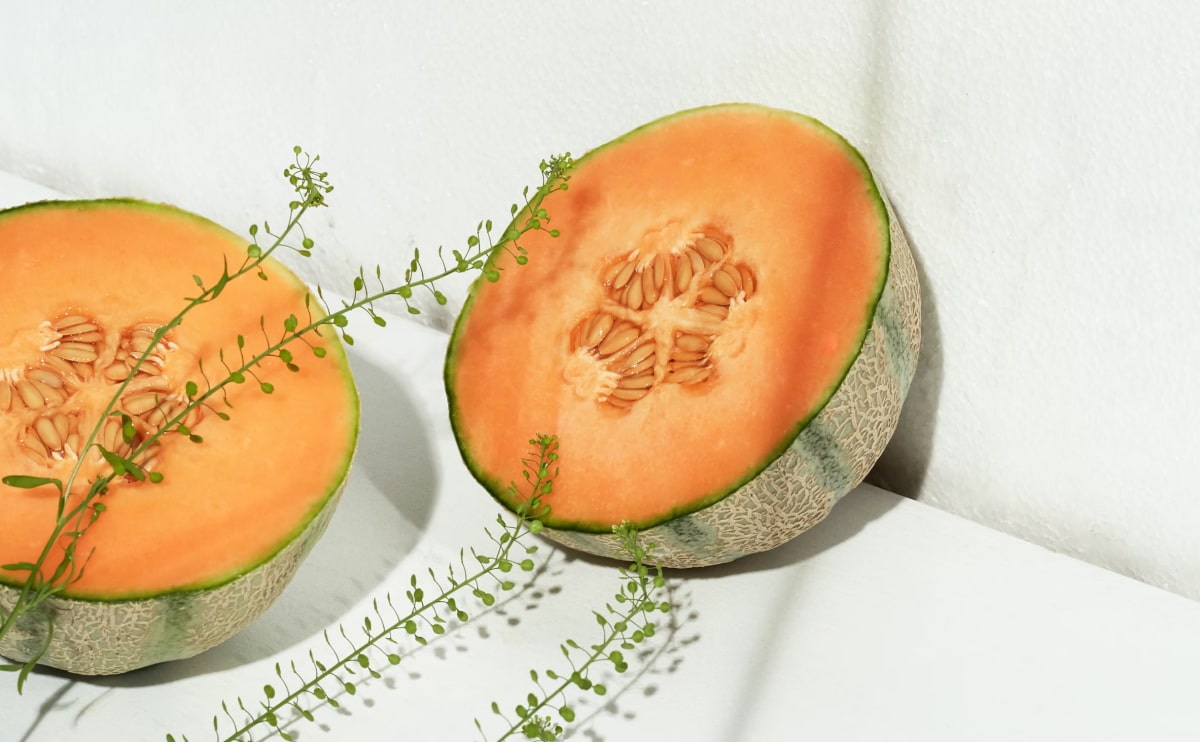Don't be fooled by their size! Sprouts, those little green tendrils bursting from seeds, are nutritional powerhouses waiting to be unleashed on your taste buds and health. Packed with essential vitamins, minerals, and enzymes, these tiny marvels of nature offer a simple and delicious way to elevate your diet.
A Sprouting Primer: Transforming Seeds into Nutrient Powerhouses
Sprouts are the very beginning of a plant's life cycle. They emerge when a seed is exposed to moisture and warmth, triggering a cascade of biological processes that transform a dormant seed into a vibrant, nutrient-dense sprout. This process unlocks a wealth of vitamins, minerals, and enzymes often unavailable in their mature counterparts.
Why Sprouts Deserve a Place on Your Plate:
Sprouts offer a multitude of health benefits:
- Nutrient Explosion: Sprouts boast concentrated levels of vitamins, minerals, and enzymes compared to mature plants. Studies have shown that sprouting can increase vitamin C, K, and B complex content by several times.
- Enhanced Digestibility: The sprouting process breaks down complex carbohydrates and proteins within the seed, making them easier for your body to absorb nutrients.
- Detoxification Powerhouse: Sprouts are rich in enzymes that help your body detoxify and eliminate waste products.
- Fiber for a Healthy Gut: Sprouts are a good source of dietary fiber, promoting gut health and aiding digestion.
- Low in Calories and Fat: Sprouts are a guilt-free way to add a satisfying crunch to your meals, contributing minimal calories and virtually no fat.
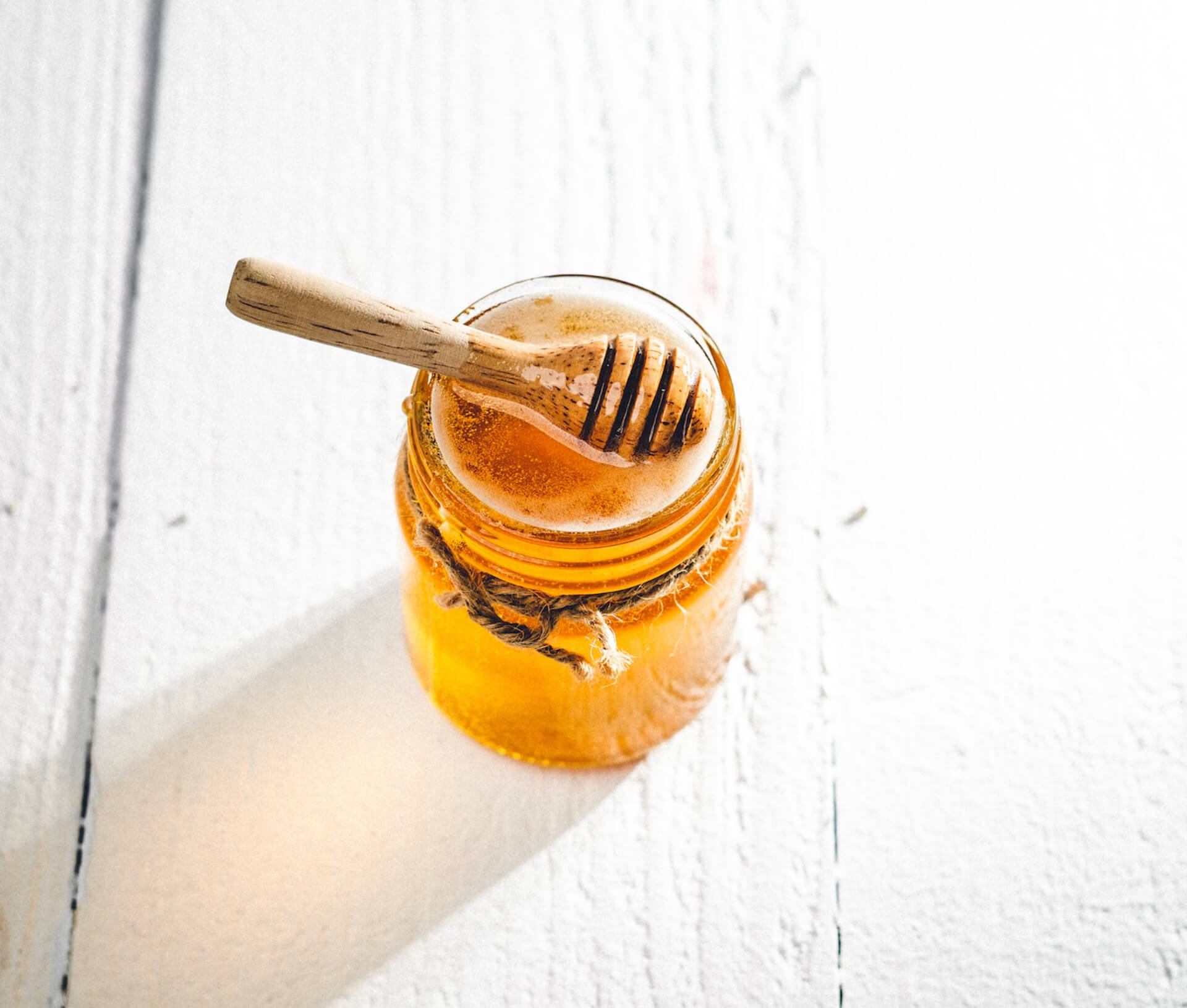
Sprouting Made Easy: A Beginner's Guide
The good news? Sprouting at home is incredibly simple and requires minimal equipment. Here's what you need to get started:
- Sprouting Seeds: Choose organic seeds specifically intended for sprouting, avoiding those treated with fungicides or chemicals. Popular choices include mung beans, lentils, alfalfa, and broccoli seeds.
- Sprouting Jar or Container: A glass jar with a mesh lid or a dedicated sprouting container works great.
- Water: Opt for filtered or spring water for optimal results.
The Basics of Sprouting:
- Rinse and Soak: Rinse your chosen seeds thoroughly to remove any debris. Soak them in clean water for a designated period depending on the seed type (typically 4-8 hours).
- Drain and Rinse: Drain the soaking water and rinse the seeds several times a day.
- Light and Air: Keep your sprouting container in a well-lit area (indirect sunlight is best) and ensure proper air circulation by rinsing and draining regularly.
- Harvesting the Rewards: Within a few days, you'll see tiny white roots and green shoots emerge. Once the sprouts reach your desired size, harvest them by rinsing and storing them in the refrigerator for up to a week.
Sprouting Beyond the Basics: Exploring Culinary Possibilities
The versatility of sprouts is another reason to love them! Explore these ideas to incorporate them into your meals:
- Salads and Sandwiches: Sprouts add a delightful freshness and a burst of nutrients to salads and sandwiches.
- Stir-fries and Soups: Toss sprouted mung beans, lentils, or chickpeas into your stir-fries or soups for added protein and texture.
- Wraps and Rolls: Sprouts add a healthy crunch and a touch of green to wraps and spring rolls.
- Smoothies and Juices: Certain sprouted seeds like alfalfa and sunflower seeds can be added to smoothies or green juices for a nutritional boost.
Embrace the Sprouting Revolution:
Sprouting is a fun, rewarding, and budget-friendly way to upgrade your diet. From the convenience of homegrown sprouts to their unique nutritional profile and culinary versatility, these tiny powerhouses offer a simple way to add a touch of green goodness to your life. So, grab some seeds, embrace the sprouting revolution, and unlock a world of flavor and health benefits waiting within these miniature marvels of nature.
